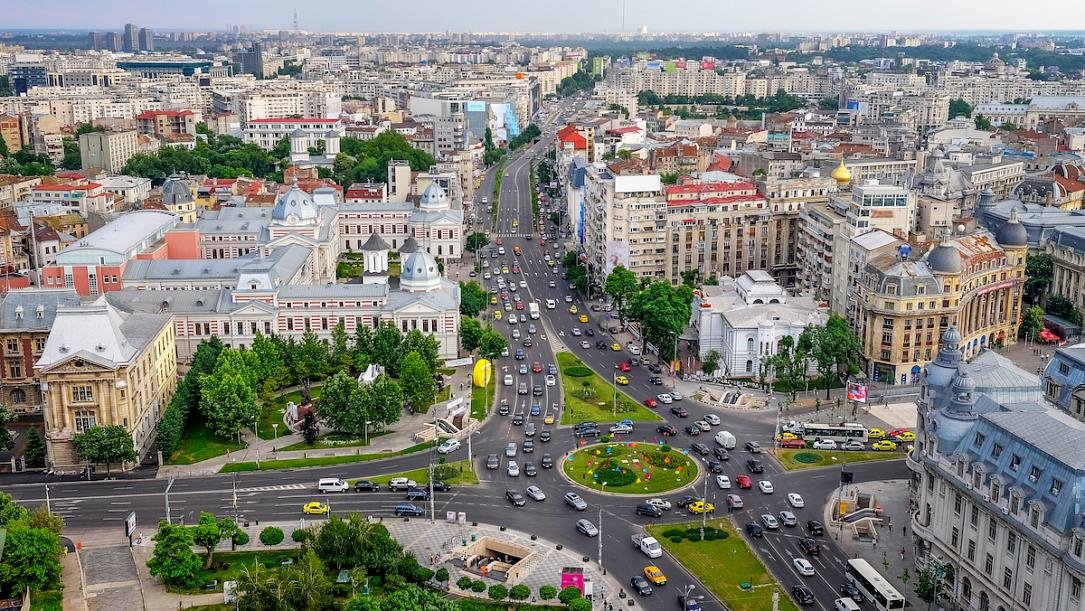
This direction belongs to those few EU member states where conducting commercial activity in crypto is cost-effective. This country has low taxes, is an EU member, and allows for fast incorporation of companies. For these reasons, both new entrants and well-established players are welcomed to apply for a crypto license in Bulgaria.
VASP to CASP Bulgaria
By 2026 Bulgaria is transitioning from the former NRA VASP registration regime to Bulgarian crypto regulation MiCA. Simple notification with the NRA applies no more. CASP authorization is generally granted by the Financial Supervision Commission (FSC). The Bulgarian National Bank (BNB) acts as the competent authority specifically for EMT/ART issuers and payment-related crypto activities, as defined under MiCA.
Previously, firms filed applications to the register with the NRA as VASPs (Virtual Asset Service Providers). Supervision was predominantly directed at AML/CTF-measures.
Now, following VASP to CASP transition, firms are required to receive CASP authorization EU under MiCA. Dominant supervision shifts to:
- FSC → for exchange, brokerage, custody, and other crypto-asset related services.
- BNB → for stablecoins (EMTs/ARTs) and payment-related cryptocurrency services.
This new crypto exchange Bulgaria MiCA regulations increases the strength of consumer protection, adds expectations in IT/cybersecurity, and provides one common EU-wide framework for scaling an exchange license in Bulgaria across borders.
- July 1, 2024 → MiCA takes effect all over the EU.
- December 30, 2024 → All new organisations engaged in this activity must apply directly as CASPs.
- June 30, 2026 → Last date up to which any VASP license in Bulgaria that is existing in NRA registration can re-apply so as to be duly validated under MiCA.
Failure to transition to MiCA regulation will result in being removed from the official Bulgaria crypto license register.
MiCA license Bulgaria Rules
In order to get a crypto license under MiCA in Bulgaria, the entity applying has to present:
- Formation of MiCA compliant crypto company: Local company (LLC/OOD) or branch in Bulgaria.
- Residency and office: Physical presence within Bulgaria.
- Management & governance: Fit and proper directors, compliance officer, AML officer.
- Capital requirements (depending on CASP class, see below).
- Business plan: Detailing cryptocurrency exchange license in Bulgaria, custody, or advisory services.
- AML/KYC practices: User verification process, suspicious transaction reporting.
- IT and cybersecurity framework: Exposure management, wallet (hot/cold) security, incident response plan.
- Internal reporting: transaction monitoring, compliance reports to FSC/BNB.
CASP License Classes in Bulgaria
MiCA introduces several different levels of Bulgaria license crypto depending on service scope:
Class 1 – Advisory & Brokerage (€50,000 minimum capital)
- Portfolio advisory for crypto-assets
- Order handling and facilitating client transactions
- Marketing and allocation of digital tokens
Class 2 – Exchange and asset safeguarding (€125,000 minimum capital)
- Operating a Bulgaria crypto exchange (crypto-fiat, crypto-crypto)
- Custody and safekeeping of virtual currency
- Token swap platforms and brokerage services
Class 3 – Full CASP (€150,000 minimum capital)
- All Class 1 and 2 activities
- Administration of stablecoins and other e-money tokens (EMT)
- Crypto-asset holding with client access
Advantages of a Bulgaria Crypto Exchange License
- EU market access rights → operate across all 27 EU participants with one authorization.
- Lowest EU charge regime → 10% corporate income levy, 10% income levy, 5% dividends tax.
- Quick company formation → open a Bulgaria LLC with just €1 min share capital.
- Business trustworthiness → FSC/BNB supervision gives stronger standing with banks and investors.
- Crypto-welcoming environment → Bulgaria supports blockchain, AI and fintech growth via Digital Bulgaria 2026.
CASP Registration Filing Process
- Company establishment: Bulgarian LLC (OOD) or branch registration, including setting up a local bank account for capital deposit.
- Corporate documents: AML/KYC policies, IT security policy documents, risk management framework.
- Commercial plan: Business plan, financial forecasts, compliance personnel.
- Proof of capital: Mandatory equity funds (depending on class of CASP).
- Submission: To FSC (crypto exchange, custody, brokerage) or BNB (stablecoins/payment tokens).
- Review period: 60 business days under MiCA.
- Authorization: Entry into the Bulgaria crypto license register with cross-border provision of authorised CASP services across the EU.
Summary
The change from VASPs to CASPs modernizes Bulgaria’s crypto license regulation. It raises the bar on requirements (capital, governance, IT security) in return for EU-level authorization and passporting for such activities, custodians, and issuers.
This region has low taxes, cheap business costs, and an excellent EU location. When getting a Bulgaria exchange license, companies become locally compliant while gaining access to the whole European market.
All current VASPs have until June 30, 2026, to reapply as CASPs or else they will be struck off from the crypto license Bulgaria register.
In sum, if you plan a Bulgaria crypto exchange or related CASP service, set up governance, IT, and AML/KYC-structures from the start — and secure your Bulgaria Crypto License while the transition window is open.Effective crypto license application support needs more than document filing; it demands strategic alignment with evolving EU regulatory logic. A specialized crypto law firm provides well-structured crypto licensing legal services that translate regulatory norms into workable operating models. Through tailored MiCA legal services, firms adapt governance, capital planning, and internal controls to authorization standards applicable across member states. Comprehensive CASP compliance services cover AML/KYC-architecture, risk frameworks, IT-safeguards, and supervisory reporting, ensuring readiness for regulatory scrutiny. Ongoing crypto regulation consulting helps businesses anticipate rule changes, manage cross-border exposure, and maintain authorization validity. With professional CASP passporting legal support, licensed entities expand activities across the EU while preserving regulatory consistency. Each mandate is led by an experienced crypto lawyer who coordinates legal positioning, mitigates compliance risk, and supports sustainable growth in the digital asset sector.
FAQ
Is crypto regulated in Bulgaria?
Yes. From 2024, crypto businesses will be regulated under MiCA. Authorization as a CASP is obligatory via FSC or BNB.
What is the crypto tax in Bulgaria?
Company tax and individual income tax are 10%, with 5% withholding on dividends. Crypto trades are VAT-exempt.
Can I purchase Bitcoin in Bulgaria?
Yes. Approved Bulgaria crypto exchanges give a lawful way to buy Bitcoin and other digital coins under MiCA.
What are the capital requirements for a crypto license in Bulgaria?
The capital requirement is the main cost and rises from €50,000 (Class 1) to €150,000 (Class 3) depending on what kind of services the cost is for. Additional costs include company formation, legal/AML compliance, and IT security.
How fast can one obtain a cryptocurrency license in Bulgaria?
The review period under MiCA is 60 business days once documents are submitted, but preparation (company setup, compliance, IT policies) can extend the full process to 3–6 months.
Who needs a CASP license in Bulgaria?
Any company that offers cryptocurrency exchange services in Bulgaria, custody of digital assets, issues tokens, administrates a stablecoin, or gives advice concerning crypto-assets shall obtain the CASP-authorization from the FSC or BNB.








